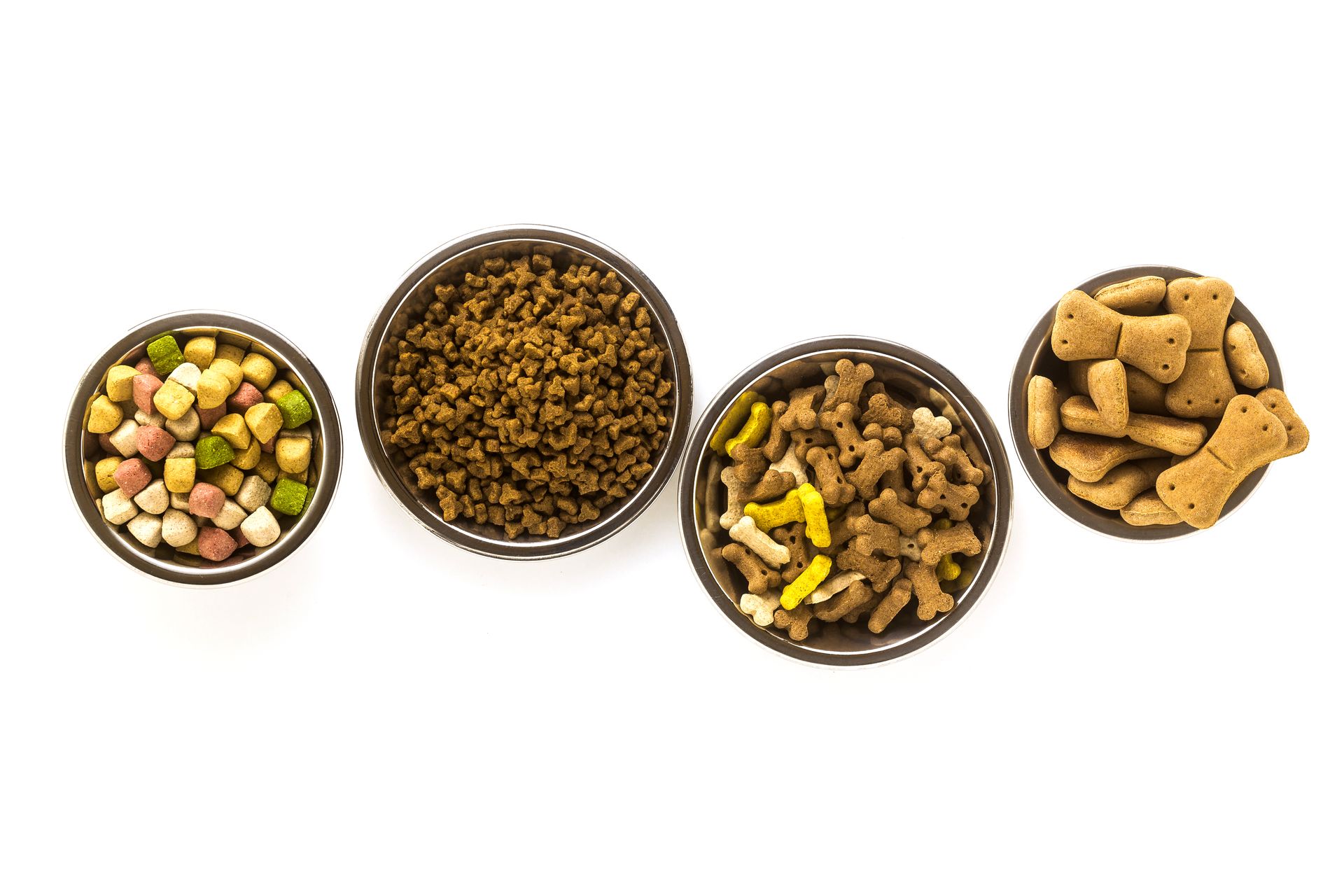As pet owners, we all want our furry companions to thrive both physically and emotionally. While behavioral health is often associated with training and socialization, it’s essential to recognize that nutrition plays a crucial role in shaping a pet’s behavior. In this comprehensive blog, we’ll delve into the intricate connection between pet food and behavioral well-being, emphasizing a holistic approach to pet care.
Understanding Holistic Pet Care
Holistic pet care considers the whole animal, taking into account physical, mental, and emotional aspects. Rather than merely addressing symptoms, this approach focuses on overall well-being. As we increasingly humanize our relationships with pets, holistic methods are gaining prominence in the animal health space.

The Role of Nutrition in Behavior
Nutritional Foundations
High-quality pet food serves as the foundation for behavioral health. Balanced formulas that provide essential nutrients, including proteins, vitamins, and minerals, are vital. Pro Nutrition premium pet food, made in France, exemplifies this holistic approach with several key features:
Pro Nutrition prioritizes taste and palatability, ensuring that pets enjoy their meals. When pets are satisfied with their food, they are more likely to exhibit positive behavior. Their formulas use quality ingredients that entice even the pickiest eaters.
Vitality and Energy
Proper nutrition directly impacts energy levels and vitality. Active pets are more likely to engage in positive behaviors. Pro Nutrition’s premium pet food includes optimal protein levels to support overall vitality, helping pets stay energetic and engaged.

Urinary pH Balance
Maintaining the right urinary pH is crucial for overall health. Pro Nutrition’s formulas are designed to promote this balance, with specific variants that support urinary tract health and help prevent issues related to urinary pH.
Health Benefits
Pro Nutrition emphasizes comprehensive health benefits, such as immune support, coat health, and joint function. Their commitment to quality ensures that pets receive the nutrients they need for optimal behavior, contributing to their overall well-being.
Understanding the Connection Between Nutrition and Behavior
The Science Behind Nutrition and Behavior
The foods our pets consume affect their biochemical processes, influencing behavior. Key nutrients play specific roles in maintaining both physical health and behavioral equilibrium. For example, deficiencies in certain vitamins and minerals can lead to anxiety, aggression, or hyperactivity.
- Amino Acids: Proteins consist of amino acids, some of which are precursors to neurotransmitters that regulate mood and behavior. Tryptophan, for instance, is essential for serotonin production, a neurotransmitter linked to feelings of happiness.
- Fatty Acids: Omega-3 and Omega-6 fatty acids are vital for brain health. Diets rich in Omega-3s can help reduce anxiety and improve cognitive function in pets.
- B Vitamins: These are critical for energy metabolism and brain function. A deficiency in B vitamins can lead to lethargy and increased irritability.
Behavioral Signs of Nutritional Deficiencies

Understanding the signs that may indicate a dietary imbalance is crucial. Common behavioral issues linked to poor nutrition include:
- Aggression: Pets may exhibit increased aggression due to imbalances in their diets, particularly in amino acids or fatty acids.
- Anxiety: Pets that are nervous or anxious may benefit from diets higher in tryptophan or Omega-3 fatty acids.
- Hyperactivity: A high-carbohydrate diet can lead to spikes in energy levels, resulting in hyperactive behaviors.
- Lethargy: Insufficient nutrients or an unbalanced diet can lead to fatigue and disinterest in activities.
Practical Tips for Choosing Pet Food
Read Labels
When selecting pet food, it’s essential to read labels carefully. Look for transparent ingredient lists and avoid artificial additives, fillers, and by-products. Pro Nutrition’s commitment to natural ingredients aligns with this principle, making it easier for pet owners to choose wisely.
Consider Individual Needs
Each pet is unique, and their dietary needs may vary based on age, size, breed, and specific health conditions. Pro Nutrition offers tailored options for puppies, adults, and seniors, ensuring that every pet receives the appropriate nutrition.
Transition Gradually
When switching pet food, it’s important to do so gradually to prevent digestive upset. Pro Nutrition provides clear guidelines for smooth transitions, allowing pets to adapt comfortably to their new diet.

Choosing the Right Food: A Holistic Approach
When selecting pet food, consider a holistic approach that encompasses various factors:
1. Assessing Nutritional Needs
Consult with a veterinarian to determine the ideal dietary composition for your pet, considering their specific needs. A balanced diet typically includes:
- High-quality proteins to support muscle health and neurotransmitter production.
- Essential fatty acids to promote brain health and reduce inflammation.
- Complex carbohydrates for sustained energy release, avoiding sugar spikes that can lead to hyperactivity.
2. Understanding Special Formulations
Specialized diets can benefit pets with behavioral issues. Consider options such as:
- Hydrolyzed protein diets for pets with food allergies that may contribute to discomfort and behavioral challenges.
- Calming diets that include specific nutrients like L-theanine and tryptophan to help reduce anxiety.
3. Incorporating Variety
Variety can help maintain a balanced diet and keep pets engaged during mealtime. Rotating high-quality pet foods can prevent nutritional deficiencies but should be done gradually to avoid digestive upset.
4. Implementing Feeding Routines
Establishing regular feeding routines can provide structure and security for your pet, positively impacting their behavior. Consistency fosters a sense of stability and can reduce anxiety.
5. Consulting a Veterinary Nutritionist
For pets with ongoing behavioral issues or special dietary needs, seeking the expertise of a veterinary nutritionist can be invaluable. They can create tailored feeding plans that address both nutritional and behavioral health.
In summary, pet food isn’t just sustenance; it’s a powerful tool for shaping behavior. The relationship between nutrition and behavioral health underscores the importance of making informed choices about what we feed our pets. Pro Nutrition’s premium pet food exemplifies a holistic approach, promoting well-being from the inside out. By prioritizing quality nutrition, pet owners can foster positive behaviors and contribute to their pets' overall happiness.
A happy, well-fed pet is more likely to thrive in your loving care, reinforcing the bond between you and your furry companion. Remember, nutrition is not just about filling bowls—it's about nurturing lives.